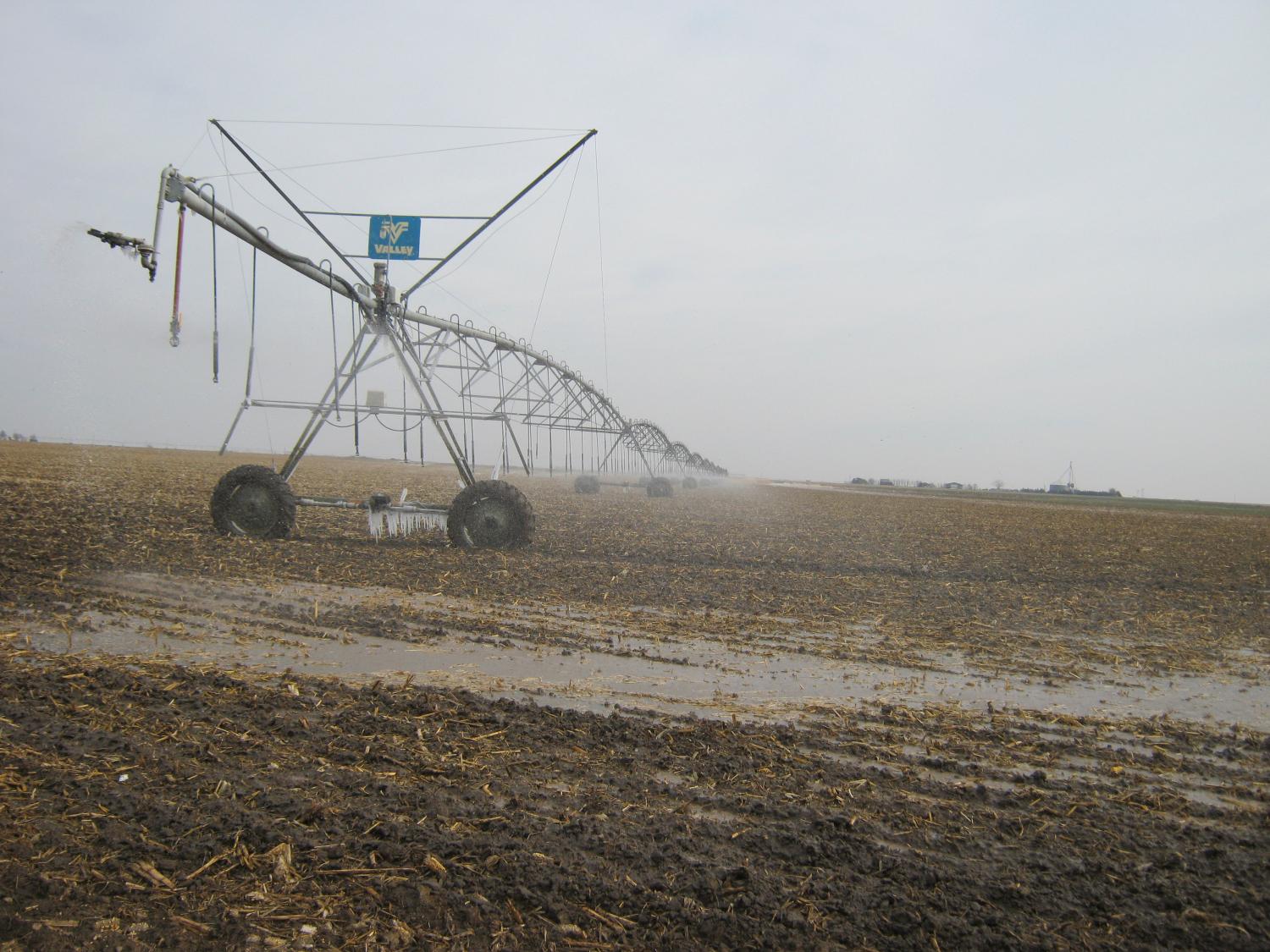EXECUTIVE SUMMARY
The United States Environmental Protection Agency (EPA) has begun regulating existing stationary sources of greenhouse gases (GHG) using its authority under the Clean Air Act (the Act). The regulatory process under the Act is long and involved even in the best of circumstances. The complexity and contentiousness of GHG regulation could draw out the process even further, raising the prospect that significant U.S. action might be delayed for years. This paper examines the economic implications of such a delay.
We analyze four policy scenarios using an economic model of the U.S. economy embedded within a broader model of the world economy. The first scenario imposes an economy-wide carbon tax that starts immediately at $15 and rises annually at 4 percent over inflation. The second two scenarios impose different (and generally higher) carbon tax trajectories that achieve the same cumulative emissions reduction as the first scenario over a period of 24 years, but that start after an eight year delay. All three of these policies use the carbon tax revenue to reduce the federal budget deficit. The fourth policy imposes the same carbon tax as the first scenario but uses the revenue to reduce the tax rate on capital income.
We find that by nearly every measure, the delayed policies produce worse economic outcomes than the more modest policy implemented now, while achieving no better environmental benefits. We find that all three scenarios in which carbon tax is used solely to reduce the federal budget deficit produce declines in U.S. GDP, investment, consumption, and employment compared to our baseline simulation. However, the declines are small compared to the annual growth of each of those variables: the policies slow growth slightly but do not cause absolute declines at the macroeconomic level. Of the two delay scenarios, the one that rises at a faster rate generally produces worse economic outcomes, including for GDP, GNP, investment, and employment. However, the delayed scenario that starts at a higher tax rate produces substantially higher spikes in purchase prices for energy goods and drops in energy sector output, particularly in the coal sector.
In contrast to the scenarios in which the carbon tax reduces the federal deficit, our fourth scenario shows that a carbon tax can actually strengthen macroeconomic conditions when its revenue is used to reduce current distortionary taxes. Overall, we find that: (1) delaying climate policy increases its cost when the revenue is used for deficit reduction; and (2) an immediate carbon tax could significantly strengthen the economy if it were used to reduce distortionary taxation.
The Brookings Institution is committed to quality, independence, and impact.
We are supported by a diverse array of funders. In line with our values and policies, each Brookings publication represents the sole views of its author(s).






